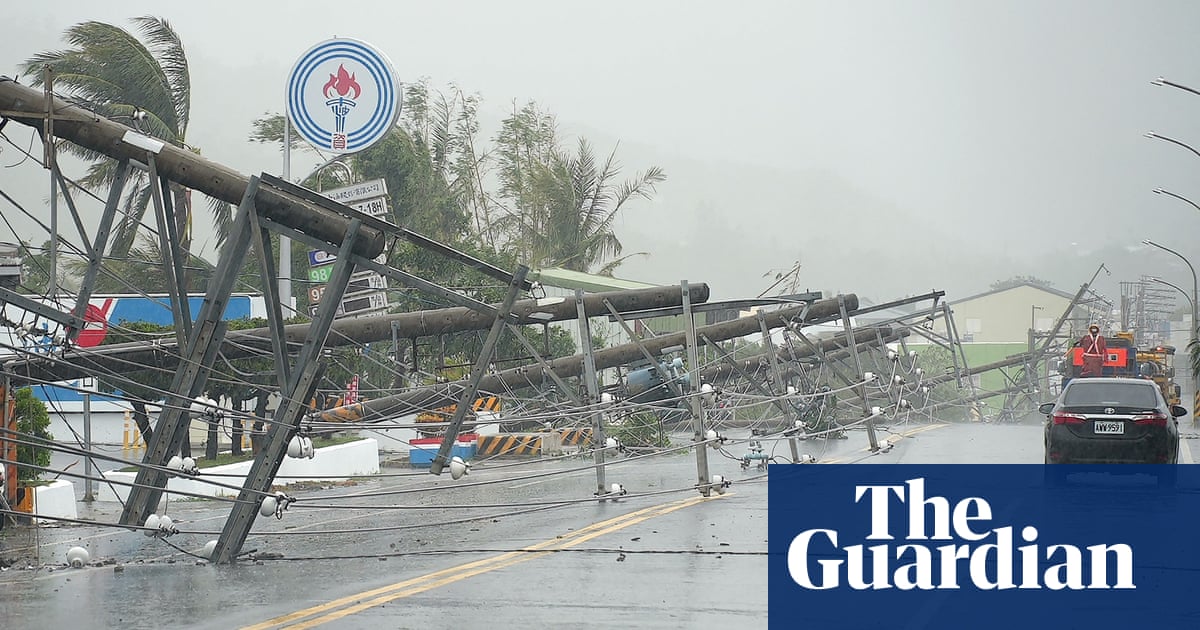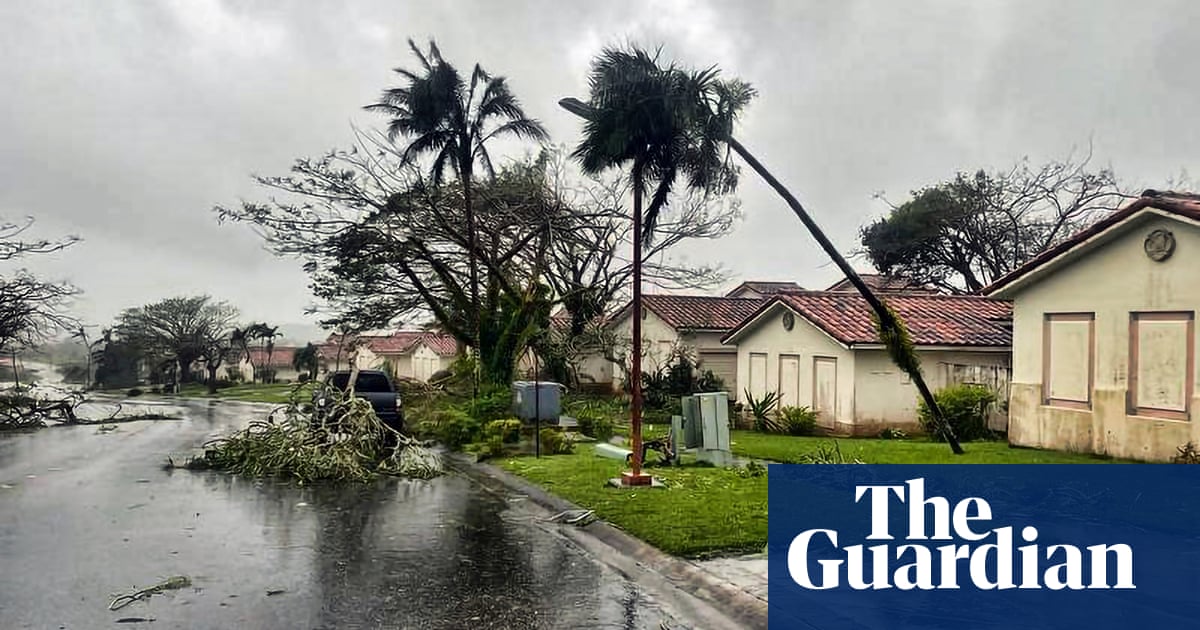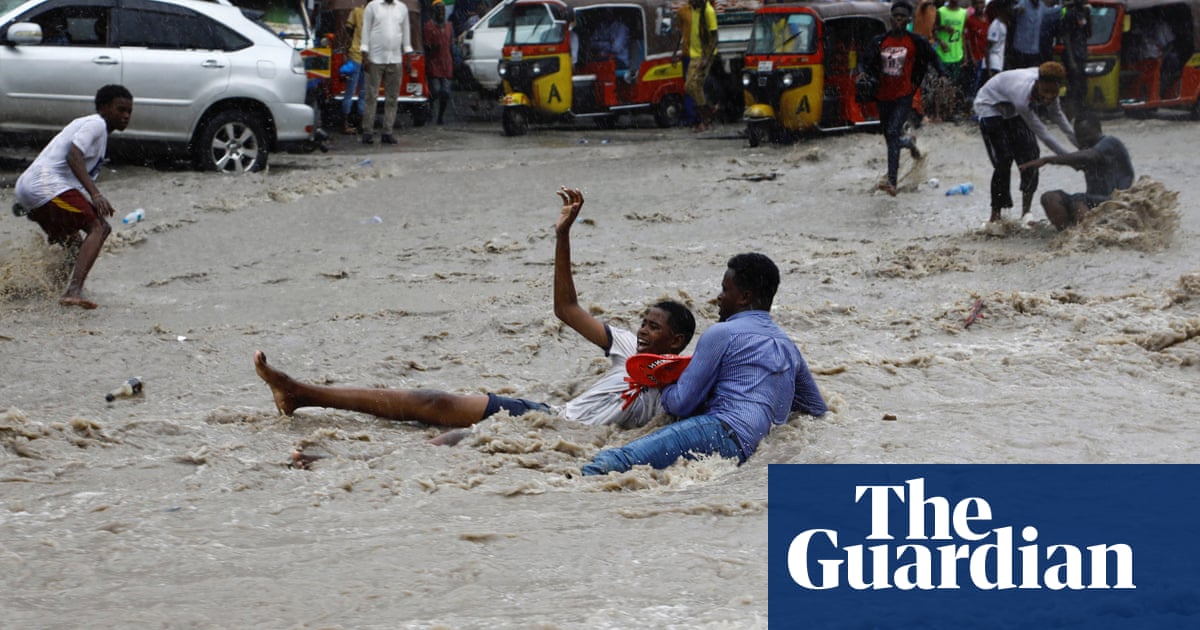
Typhoon Koinu made landfall in southern Taiwan on Thursday morning, reaching the country as a category 4 typhoon on the Hengchun peninsula as the storm’s eye crossed over Eluanbi for about five minutes. At this stage, the maximum sustained winds were recorded at 135mph, according to the Joint Typhoon Warning Center.
By Thursday afternoon, the storm was 62 miles off the western coast of Eluanbi, with maximum sustained winds of 89mph. Despite weakening, Koinu is expected to reach coastal areas of southern China this weekend, and the city of Guangzhou has already cancelled some flights and trains.
Heavy rain and intense winds caused damage to trees, billboards and homes across Taiwan. Most business and cities declared days off from work and school from Wednesday to Thursday, and 310,000 homes experienced power outages. Taiwan’s two main domestic airlines, UNI Air and Mandarin Airlines, cancelled most flights, and ferries to outlying islands were also stopped.
According to the transport minister, 46 international flights were cancelled. High-speed rail connections between northern and southern Taiwan were not affected. So far, there has been one reported death and 304 injuries.
Damage was also reported on Orchid Island, off the south-eastern coast of Taiwan, home to about 5,000 people. Social media reports show cars blown off roads, sunken fishing boats in a harbour and smashed school windows.
A weather monitoring station on the island recorded sustained winds of 123.5mph and a gust of 212.9mph, breaking Taiwan’s wind records dating back to 1897, according to the Central Weather Administration. The weather station broke shortly afterwards.
In India, at least 18 people have been killed and more than 100 are missing after heavy rain in the north-east of the country caused a Himalayan glacial lake to bursts its banks. The Lhonak Lake, in Sikkim state, overflowed on Wednesday causing, severe flooding affecting 22,000 people. Rescue efforts were hampered by washed-away bridges and the fast-flowing waters of the Teesta River.
Officials said more than 3,000 tourists had been stranded. Further heavy rainfall is expected across this region, extending into northern Bangladesh in the coming days, which could exacerbate the flood risk and further hamper rescue efforts.












